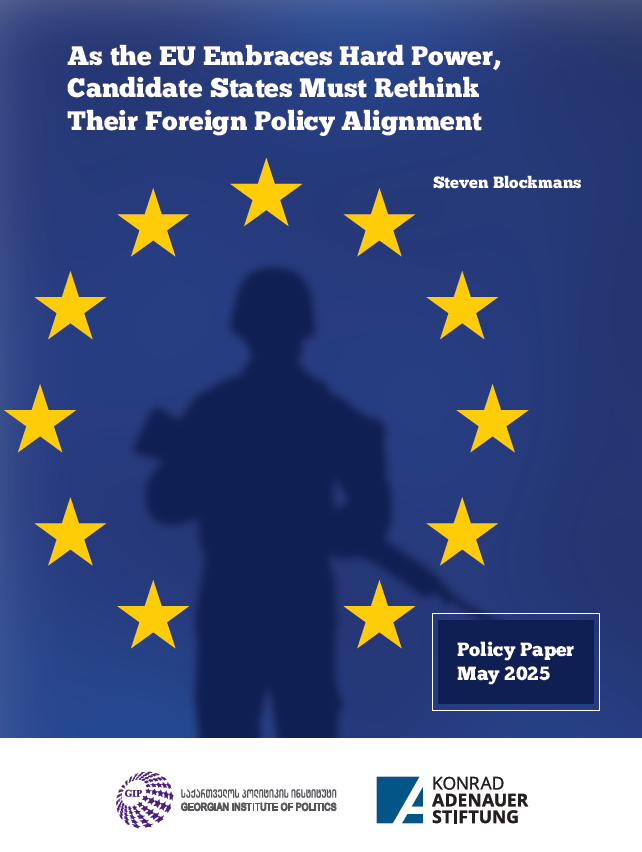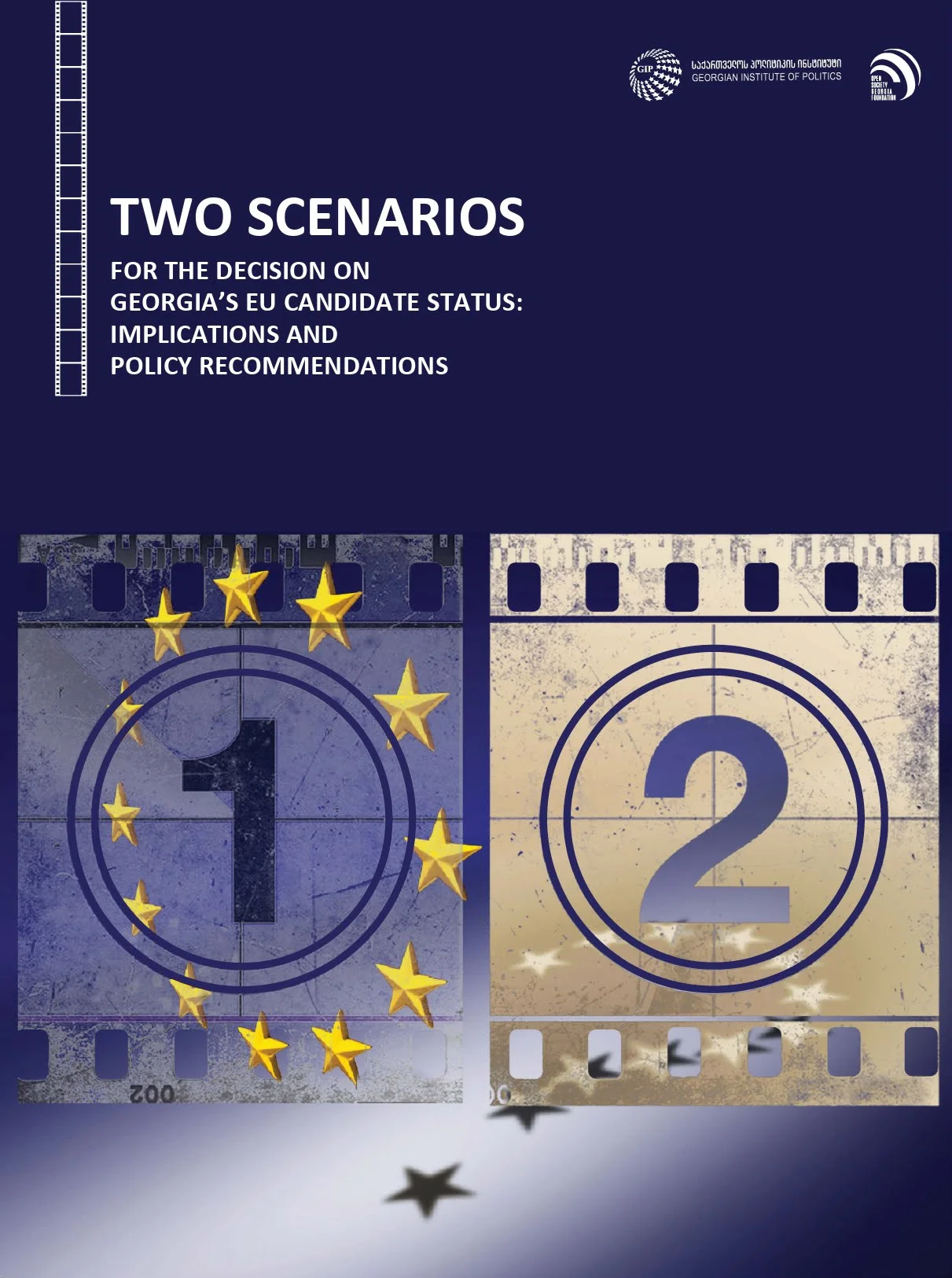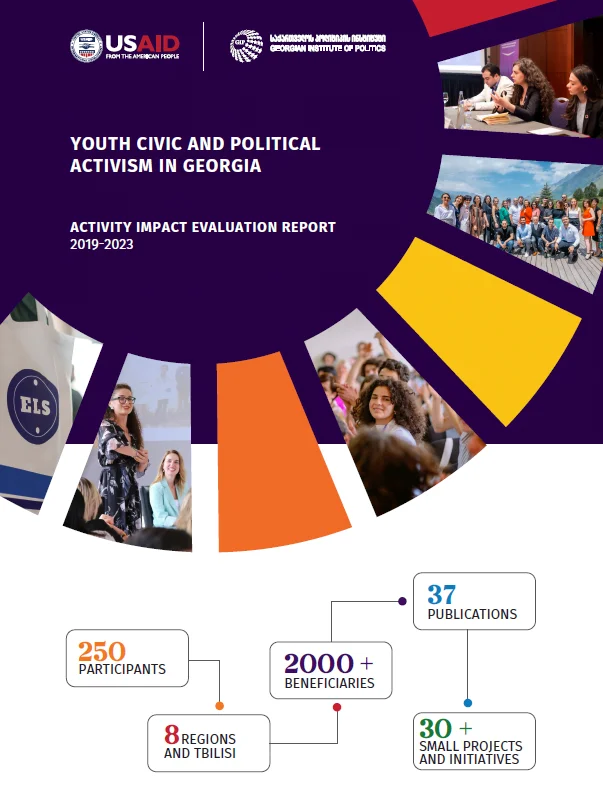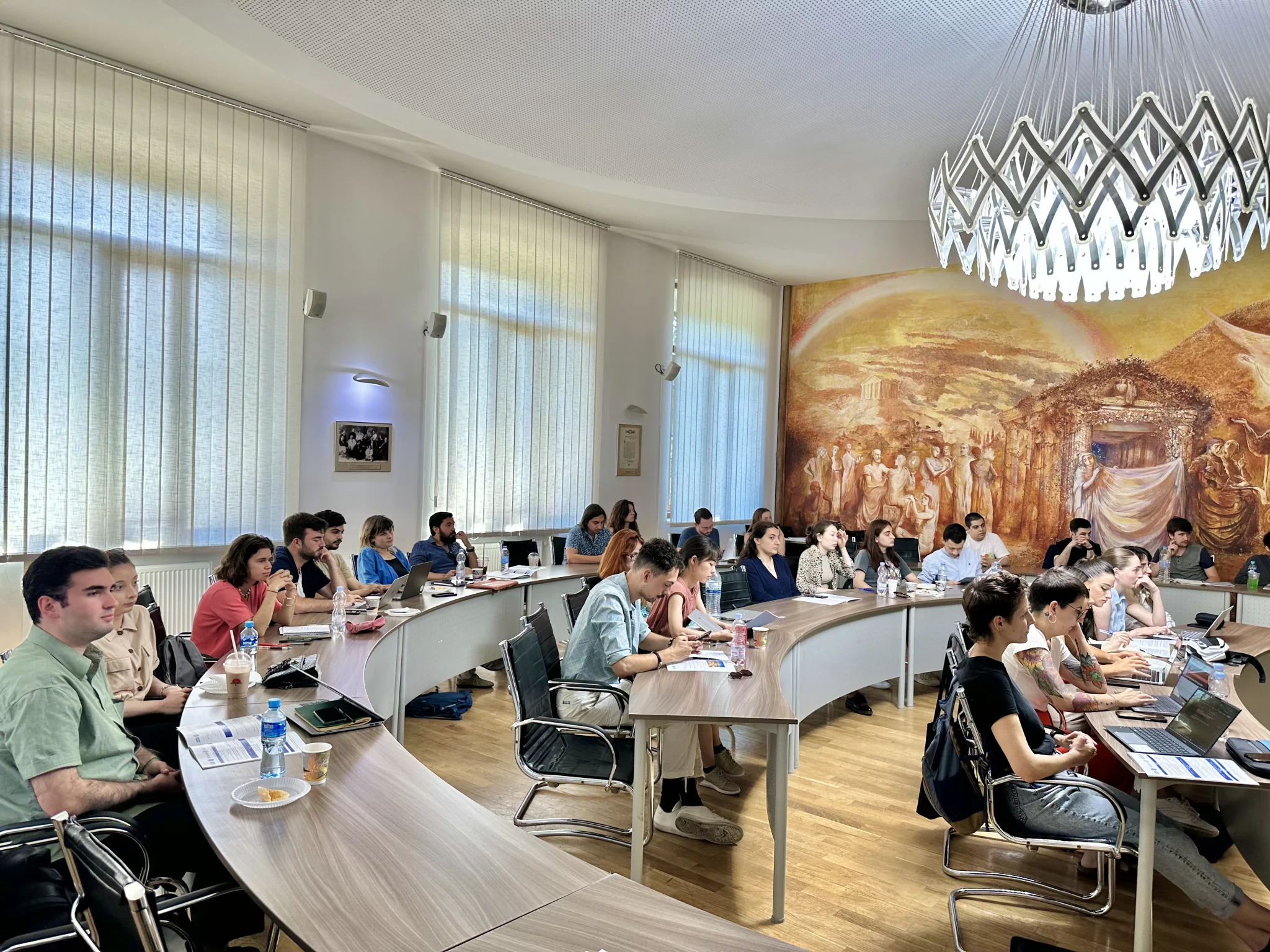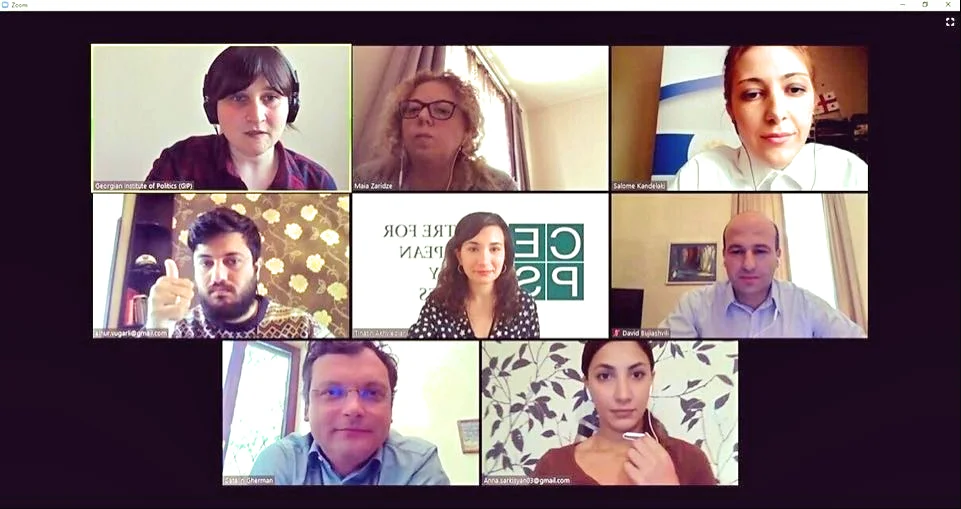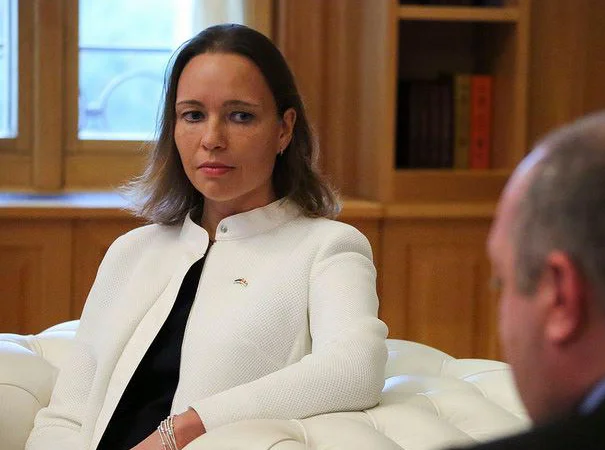2019-11-30 13:56:16
Expert Comment #9 | November, 2019
On October 15, EU ministers failed to agree to start the talks that could lead to Albania and North Macedonia joining the EU. While a handful of countries opposed the process with respect to Albania, only France vetoed opening talks with North Macedonia. After the meeting, France found itself in the spotlight as the only country that vetoed starting talks with both countries. The day after the meeting, French President Emmanuel Macron referred to the system for accepting new members as “bizarre” and called for reforming the procedure.
EU countries’ reluctance to further enlargement has significant implications for Georgia as well as for the whole EaP region. At least three new Eastern European states—Georgia, Moldova and Ukraine—aspire to EU membership or at least for some form of European perspective that goes beyond the neighborhood policy format. However, these countries’ commitment to align themselves with Europe is not equally enthusiastically shared by the EU. The recent veto on starting talks with the two Balkan countries further exacerbates the already existing mismatch between Georgia, Moldova and Ukraine and the EU regarding the countries’ membership perspective.
At the request of the Georgian Institute of Politics (GIP), a selection of experts from Germany, France, Estonia, and Georgia responded to the following questions:
- What does the veto on opening talks with Albania and North Macedonia mean for the European aspirations of Georgia, Moldova and Ukraine and how can the EU maintain credibility in its Eastern neighborhood?
- What can the governments of Georgia, Moldova and Ukraine do in the meantime to maintain the reform drive and pro-EU mood in their countries considering the enlargement fatigue and lack of new initiatives on the EU’s side?





